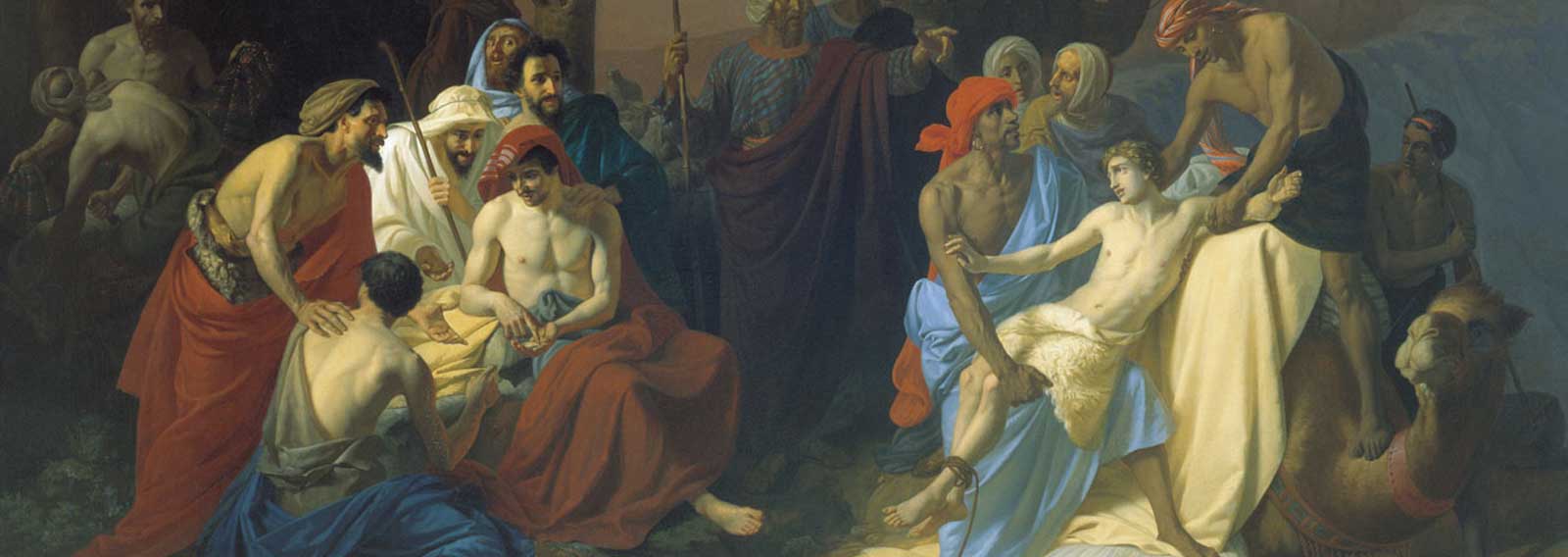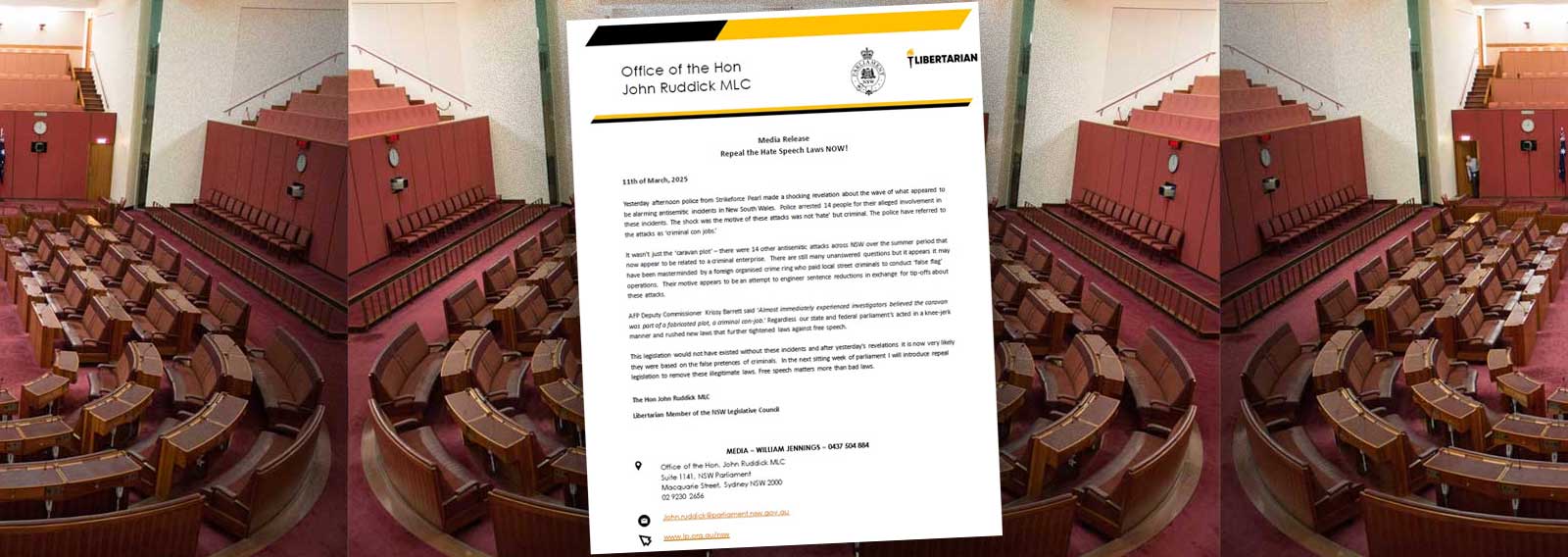The results of last year’s census have just been released, and the religion component has gotten a lot of attention. The mainstream media is saying that Christianity is basically finished in this country. Indeed, I have had the usual atheist and secular humanist trolls coming to my site already, frothing at the mouth right now.
They think this is the greatest thing since Madalyn Murray O’Hair got really feisty in America. But despite their predictably silly gloating, true Christians actually see this as terrific news. More on that in a moment. First, a few details. One news report notes how demographic changes are to some extent influencing religion in Australia:
India has now overtaken China and New Zealand to become the third largest country of birth, behind Australia and England. “We have seen the largest increase in country of birth outside Australia being India, with 220,000 additional people counted making India now the second highest overseas born population after England and leapfrogging China and New Zealand,” [ABS deputy Australian statistician] Ms Dickinson said.
The number of Australians who are not religious has increased further but Christianity remains the most reported religion, followed by Islam. “The question on religion always attracts significant interest. In 2021 the number of people reporting no religious affiliation continued to grow and is now nearly 40 per cent of responses,” Ms Dickinson said.
“This is an increase of 8 percentage points since 2016. Christianity is still the highest reported religion in Australia with over 40 per cent of responses to this question nominating as Christians or providing a Christian denomination as their answer. However, this has decreased by 8 percentage points since 2016, nearly half of those who reported a Christian religious affiliation reported they were Catholic. The Census has seen a growth of over 50 per cent of people reporting they’re Hindus in line with migration from India, 2.7 per cent of the population in fact are Hindus, and Islam is our second largest religion at 3.2 per cent of the population.”
A few things can be said. First, the religious question was not mandatory – indeed, it was the only optional question on the census. Thus many folks may not have bothered with it, while those with a vested interest – mainly atheists hoping to skew the results – were quite eager to answer it. In fact, atheist groups were actively pushing a ‘No Religion Campaign’ prior to the census. So we have to take the results with a grain of salt.
Second, to say that you have ‘no religion’ does NOT make you a card-carrying atheist. Most people are religious or spiritual. They could be into the New Age Movement or any number of ‘spiritualities’. Buddhists need not even believe in god for example. So most are not hardcore materialists and philosophical naturalists. And recall that even the US Supreme Court had declared secular humanism to be a religion.
Third, and as mentioned, I am not panicking – quite the opposite. Let me explain. For quite a long time now the West has been mainly made up of cultural Christianity. Most people may have identified with the Christian religion, but were not necessarily devout, practising Christians. In other words, most were not born-again, Spirit-filled, redeemed sinners saved by grace.
A hundred years ago almost everyone in Australia identified as a Christian. They more or less accepted the Christian worldview (there is a God, Jesus is God’s son, he came to earth to die for our sins, etc). Answering a question on what your religion is was pretty straightforward: ‘Of course, I am Christian.’
But simply identifying with the main religion of your country does not of course make you an actual Christian – at least in the biblical sense. That is a whole different matter. In that sense, real Christians have always been a minority, a remnant. They have known that not everyone calling themselves a Christian really is one.
That has always been the case throughout the Bible and throughout church history. There is the visible church (where anyone born into a Christian country, or who turns up to church twice a year can claim to be a Christian), and there is the invisible church made up of those who are truly his. See more on this here.
So in my eyes, this is a good thing. Indeed, many genuine Christians have been praying for years now that God would begin a sifting process, a weeding-out process. A separation of the wheat from the tares – of the sheep from the goats. So we may now see this happening. And not a moment too soon.
As the darkness increases over the West, as secularisation rises, and as evil seems to explode everywhere, only real-deal Christians need apply. The fakes and the phonies and all the nominal believers are not going to be of any use here. Indeed, they are a part of the problem.
So for the true church of Christ to begin to emerge from the surrounding culture and to shine brightly is a good thing. And it is the remnant that gets the job done and that brings glory to God. So the census results are to my way of thinking a very good thing indeed and a real answer to prayer.
While the God-haters are throwing parties right now for the supposed death of Christianity, I’ve got news for them. When Christianity goes, so does all of the culture – at least so many of the good aspects of culture. At the same time that we see Christianity in decline, we also see social problems everywhere increasing.
Social science researchers have long known that there is a very real correlation between the spiritual health of a people, and various social goods. That is, a strong religious country (particularly, a strong Christian country) will on the whole have less – and less severe – social pathologies and problems to deal with.
Problems like crime, drug use, gang violence, suicide, family breakdown and so on all tend to be exacerbated when Christianity is in the decline. That is NOT to say they do not occur, but the research indicates that they occur less, and in less harmful forms. Plenty of studies could be appealed to here on this.
Let me mention just one key American sociologist of religion who has penned a number of very important books on this. In his 2012 volume, America’s Blessings, Rodney Stark offers loads of documentation and evidence that religion has been good for America.
He writes: “Americans benefit immensely from being an unusually religious people—blessings that not only fall upon believers but also on those Americans who most oppose religion.” He provides an introductory list of such benefits which he later in the book fully documents and references:
– At all ages, religious people are much less likely to commit crimes.
– Religious Americans are far more likely to contribute even to secular charities, to volunteer their times to socially beneficial programs, and to be active in civic affairs.
– Religious Americans enjoy superior mental health — they are happier, less neurotic, and far less likely to commit suicide.
– Religious Americans also enjoy superior physical health, having an average life expectancy more than seven years longer than that of the irreligious. A very substantial difference remains even after the effects of ‘clean living’ are removed.
– Religious people are more apt to marry and less likely to divorce, and they express higher degrees of satisfaction with their spouses. They also are more likely to have children.
– Religious husbands are substantially less likely to abuse their wives or children.
– Religious American couples enjoy their sex lives more and are far less likely to have extramarital affairs.
– Religious students perform better on standardized achievement tests.
– Religious Americans are far less likely to have dropped out of school, which is especially true for African Americans and Hispanics.
– Religious Americans are more successful, obtaining better jobs and far less subject to being on unemployment or welfare; this is true not only for whites but for African Americans.
– Although often portrayed as ignorant philistines, religious Americans are more likely to consume and sustain ‘high culture.’
– Religious people are far less likely to believe in occult and paranormal phenomena such as Bigfoot, UFOs, Atlantis, ghosts, haunted houses, and astrology.
That last point is interesting in light of what I said above: just because someone clicks the ‘no religion’ box on a census does NOT mean they are not into all sorts of spiritual things. Stark goes on to say this:
Translated into comparisons with Western European nations, we enjoy far lower crime rates, much higher levels of charitable giving, better health, stronger marriages, and less suicide, to note only a few of our benefits from being an unusually religious nation. Quite aside from the social and personal benefits of these religious effects, they add up to many hundreds of billions of dollars a year in financial benefits, as I demonstrate in the concluding chapter.
In that chapter, he goes into detail in seeking to put a price on such things, and he ends up by saying that the “total current savings to U.S. society from America’s religiousness is … $2.67 trillion per year.” He does however go on to say that “the intangible blessings on American life provided by our unusually high level of religiousness are worth far more.”
In sum, a decline in Christianity is a mixed bag. It is bad news for all of society, given the tremendous social benefits that Christianity brings to a culture. But it is good news to the true follower of Christ who is happy to see a weeding out of nominal and worldly believers and to see the godly remnant coming to the fore.
Oh, and one final thing – this is NOT the end of Christianity. It will always be here until Christ returns. Sure, the persecution will ramp up more and more in the West. And believers may be driven underground, but Christianity will never fully falter nor fail.
As Jesus put it in Matthew 16:18: “I will build my church, and the gates of hell shall not prevail against it.”
Or as G. K. Chesterton once said: “At least five times the Faith has to all appearances gone to the dogs. In each of these five cases, it was the dog that died.”



















